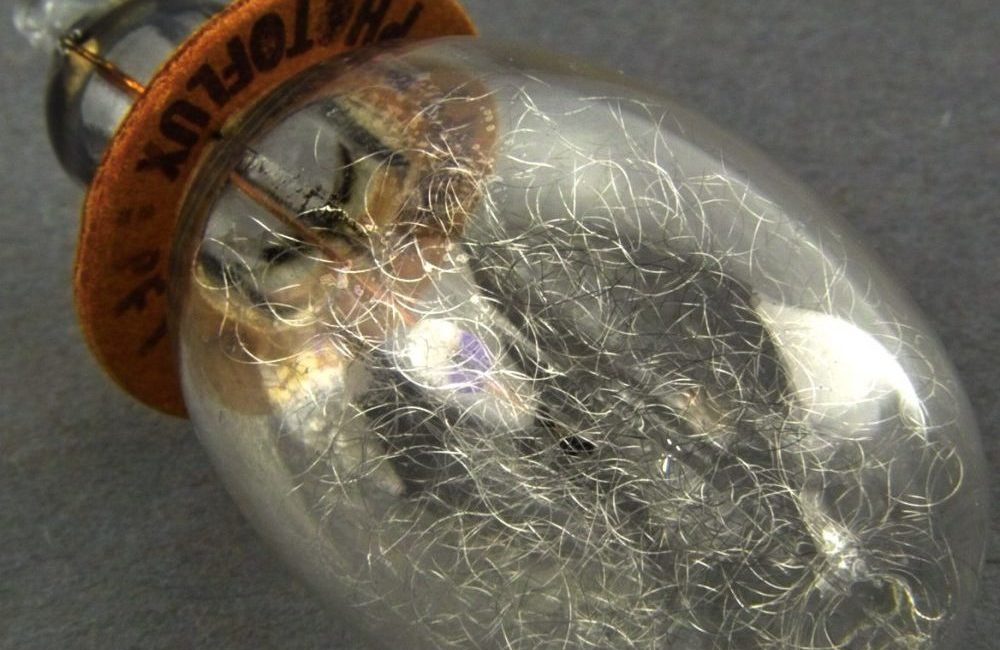ER Emison – Currently titled Venereid (dog Latin for “Song of Veneres”), my project weaves a narrative about two main characters, Veneres and Wares, out of various media fragments including bot-generated dialogue, corrupted video files, images (maps, photos), audio clips, excerpts of source code, and transcriptions/annotations of purposefully fragmentary lines of epic verse. While appearing to be authored by many different hands, arising from a cacophony of voices, the poem is entirely written by me (or is it?).
Rae Piwarski – My project will be to develop a button, which I tentatively call a “RememberMe” and it will offer assistance to people who suffer from memory loss, as well as their families. The RememberMe would be part of the patient’s environment: one placed by their bed space, near their bathroom sink, in the dining area, and in leisure and activity areas. As a button that families and medical staff would strategically place, different stories would emerge based on which concerns are expressed most often by the patient in any given space.
Marnie Ritchie – My project is to construct what I am calling a “chatterbox,” based off this audio memory chest project. Chatter has become an increasingly important modern form of communication, my project considers the implications of over-hearing communication, meaning both hearing without being-heard and hearing /more/ than one should. This project asks: What are the ethical and political implications of communication based in over-hearing information, the pieces of data and chitchat that do not amount to “full” speech?
Sarah Welsh– My project, a deteriorating web text, will make tangible the phenomenon of persistent memory and archival practice online, while considering the consequences of a world where we are denied the ability to forget. As an homage to William Gibson’s “Agrippa” (a poem about memory that was housed on floppy disk in 1992 and designed to digitally deteriorate, but that was quickly hacked, recovered, and widely disseminated), this article will also deteriorate, where scrolling back up through the page leaves an encrypted shell of a text.


